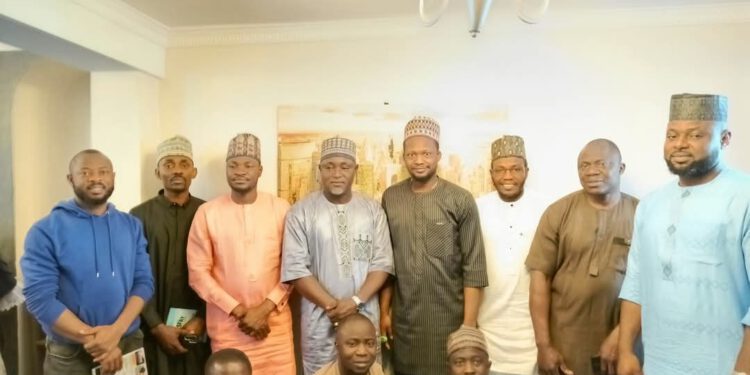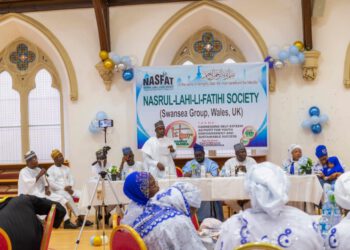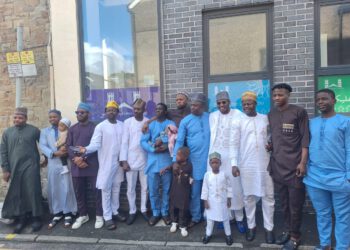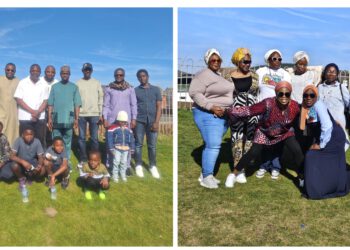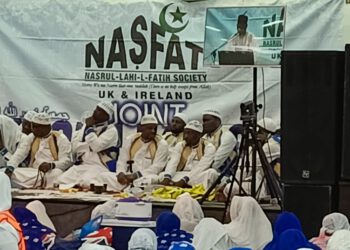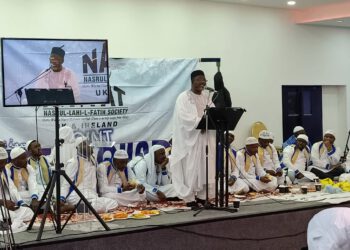The Nasrul-Lahi-l-Fatih Society of Nigeria (NASFAT) in the United Kingdom marked its 30th Anniversary with a soul-stirring event that called attention to one of the most pressing challenges of our time—parenting in the modern world.
Hosted by the NASFAT Swansea Group on Sunday at 41 Balaclava Street, Saint Thomas, Swansea, Wales, the event featured a special lecture centered around the theme: “The Role of Parents and the Challenges They Face in the Modern World.”
Delivering the keynote lecture, Sheikh Ahmad Solahudeen Olaoti-Olore, Al-Mudeer Daaru Taojeeh Wal Idraak, Isheri-Olofin, Lagos, Nigeria, drew striking parallels between the moral standards of the 1920s and today’s society.

According to him, the difference lies not in the environment, but in the erosion of parental responsibility. “The weather system and society of the 1920s are not different from today’s world,” he said, setting the tone for a deep reflection on the evolving, and often declining, state of parenting.
Sheikh Olaoti emphasized that the bedrock of societal values begins at home, with parents serving as both the first teachers and moral compasses for their children.
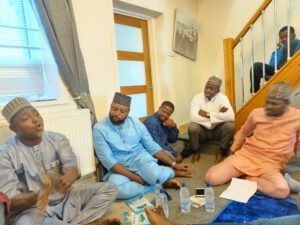
He identified three critical stages in a child’s development where parental influence is most significant:
•Nurturing Stage (0–6 years) – where parents are tasked with building the child’s hygiene habits, dietary behavior, and early communication skills.
•Guidance Stage (6–18 years) – a period requiring close monitoring of the child’s interactions, including their education (both secular and Islamic), media consumption, peer relationships, and the values being modeled at home.
•Independence Stage (18–24 years) – where children are given more freedom, but within the boundaries of values such as modesty, responsibility, contentment, humility, teamwork, and God-consciousness.
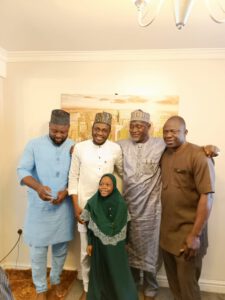
He warned that a failure to instill these values at the right stages results in behavioral decay, which is increasingly visible on social media and in society at large.
“It is not the government or the educators who are to blame for the growing moral decline. It is a reflection of failed parenting,” Sheikh Olaoti stated.
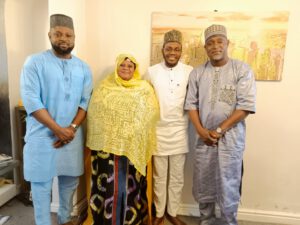
He challenged parents to critically examine their roles and recommit to nurturing their children with discipline, values, and vision.
Calling for a return to the principles passed down by earlier generations, Sheikh Olaoti urged parents to restore the virtues of dignity, respect, and community pride. “This is the only way we can build a society we can all be proud of,” he concluded.
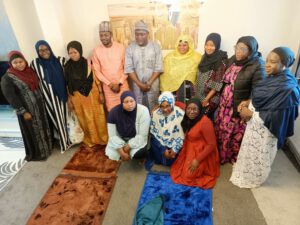
In his closing remarks, the Coordinator of NASFAT Swansea Group, Alhaji Abdulfatai Omotunde, thanked the guest lecturer for his thought-provoking insights.
He also used the occasion to celebrate NASFAT’s 30-year journey of Islamic propagation, education, and community building. “We thank Almighty Allah for sustaining us to this point, and we pray that NASFAT continues to grow and one day celebrates 100 years and beyond,” he said.
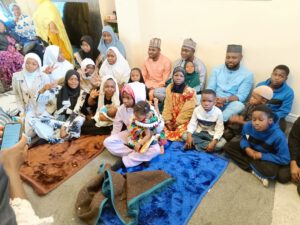
Alhaji Omotunde also announced a new initiative set to commence in May: weekly Modirasat (Arabic classes) for children. This will complement the Sunday Asalatul prayers and serve as a platform to strengthen Islamic education and cultural values among Muslim children growing up in Western societies.
The anniversary celebration served not only as a moment of reflection but also as a call to action for parents, community leaders, and religious organizations to reclaim their roles in shaping a morally grounded and progressive society.


